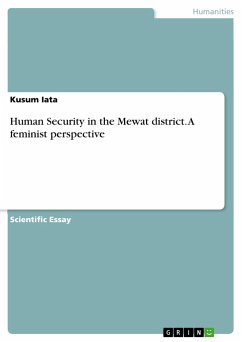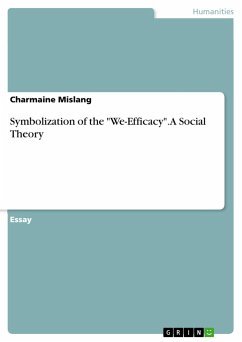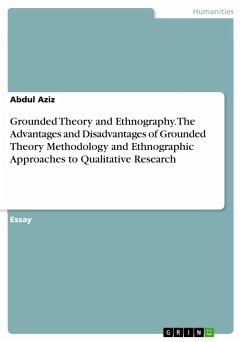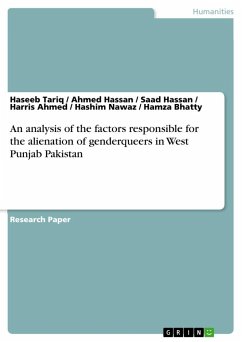Scientific Essay from the year 2016 in the subject Sociology - Gender Studies, , language: English, abstract: The transformation of gender relations since the beginning of the 20th century is one of most profound social changes in human history. The history of human civilization thus far has been characterized by male domination in gender relations.Gender inequality refers to the unequal distribution of social positions, status, economic benefits etc on the basis of biological differences and is unfavorable for females due to embedded socio-cultural values throughout the world in general and in India in particular.This gender discrimination takes many forms. Many social practices seen as normal from a religious or cultural point of view (which may have deep historical roots) leave women out of the economic mainstream. These practices may have profound socio-economic consequences because they do not allow society to take advantage of the talent inherent in women.The present study investigates that how despite the legal guarantee of the liberty and equality, especially in part III of the Indian constitution through Article 14, 15 and 16 of the very basic law of the country, the position of women is pathetic.The data has been collected through a structured questionnaire from 120 female respondents from 3 villages of Mewat district, namely Hassanpur, Sheikhpur and Kalwari. The study found that violence lies in the structure of the society and has a place in the cultural practices which is well exemplified through gender imbalance, lack of access to schooling facilities, lack of personal and political freedom, no say in decision making, forced marriages, few economic opportunities, lack of securing income, pressure to cover the head and body with no personal choices.
Hinweis: Dieser Artikel kann nur an eine deutsche Lieferadresse ausgeliefert werden.
Hinweis: Dieser Artikel kann nur an eine deutsche Lieferadresse ausgeliefert werden.








